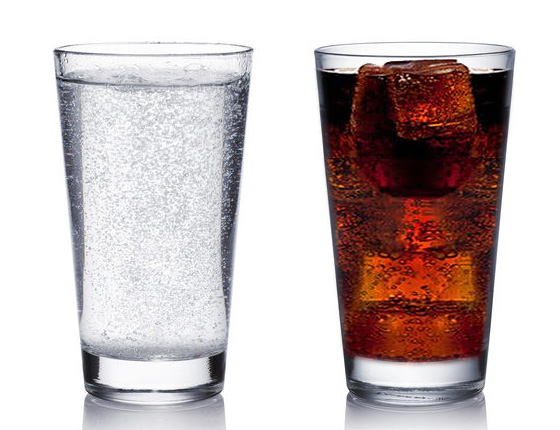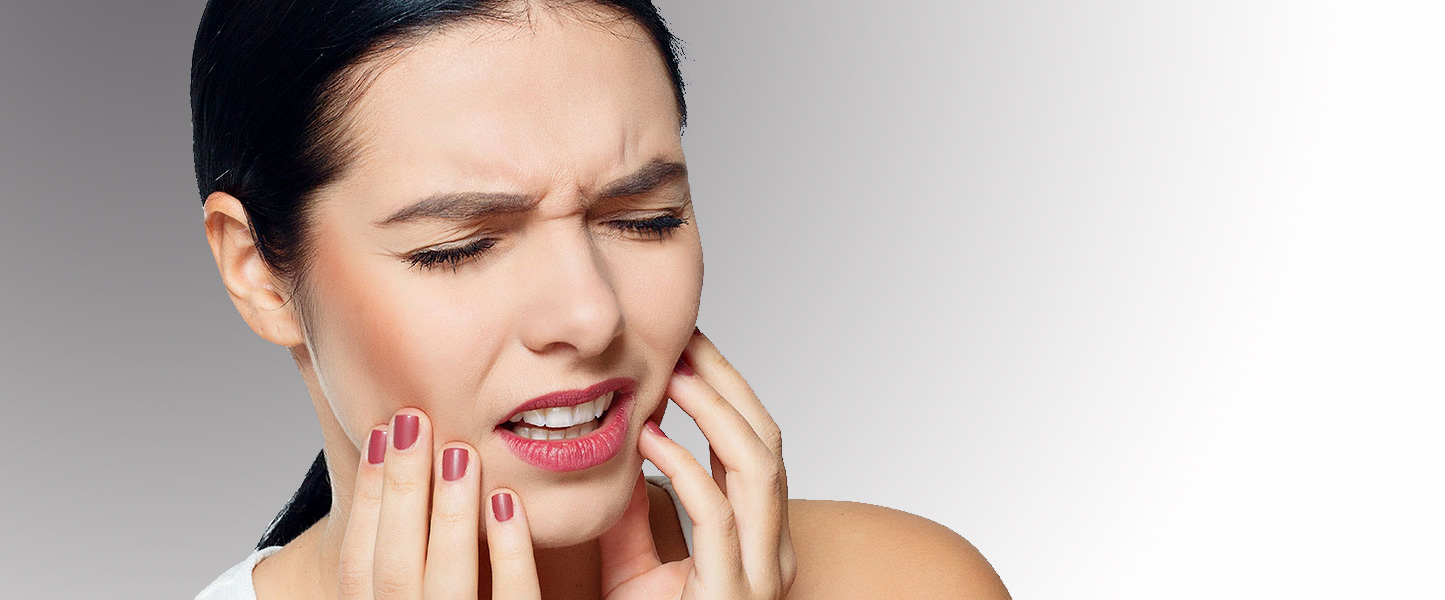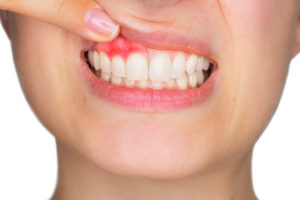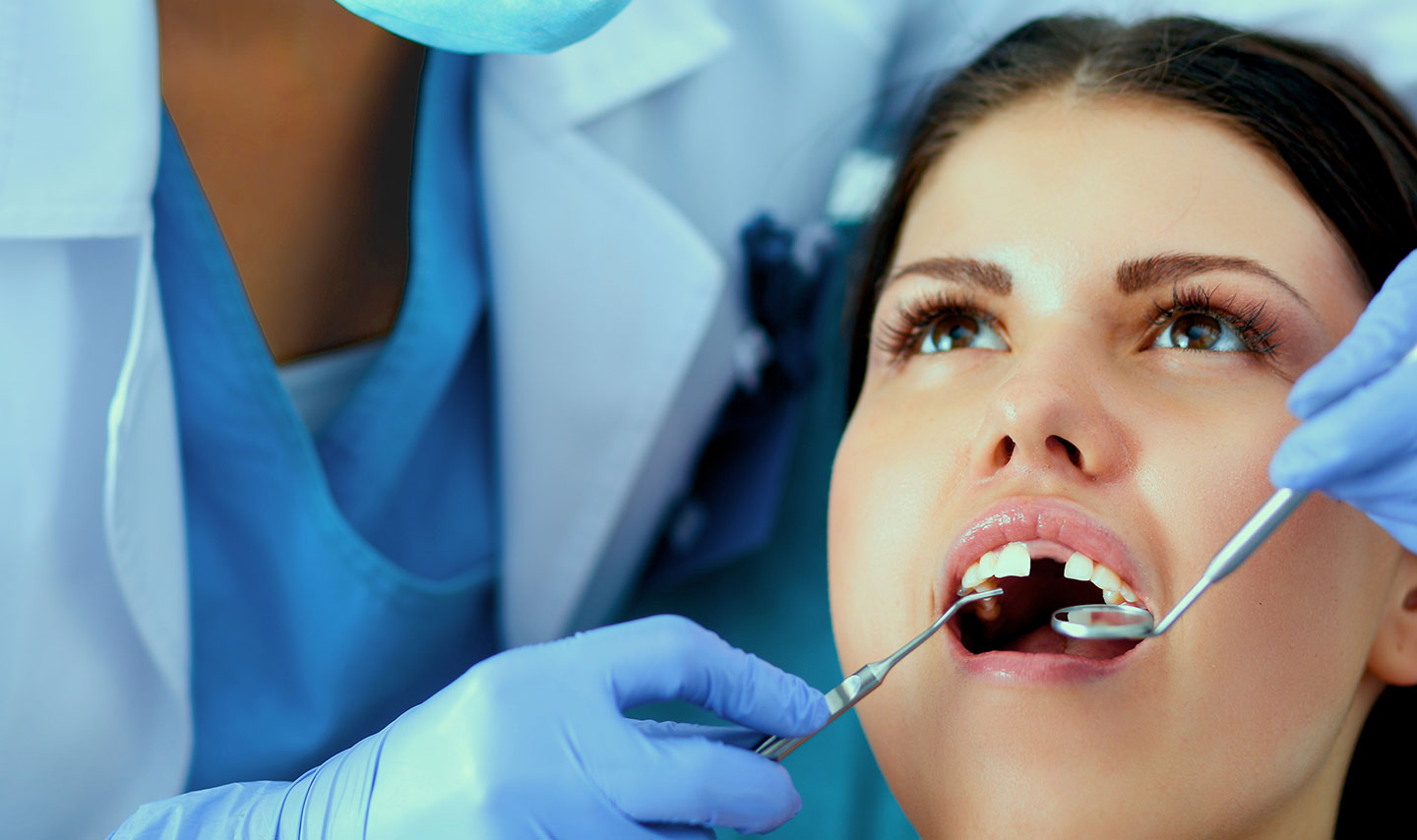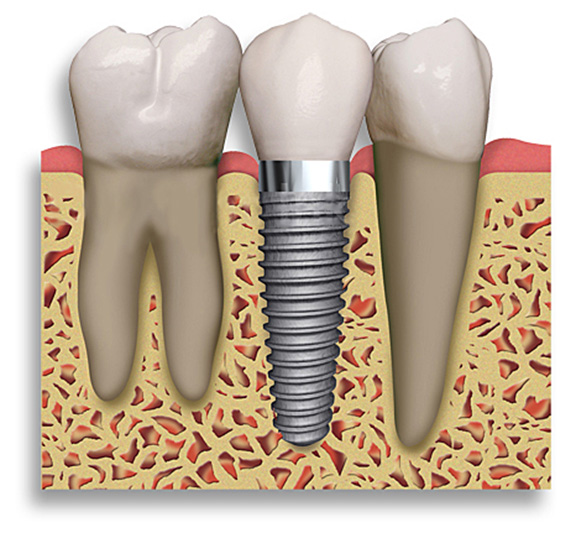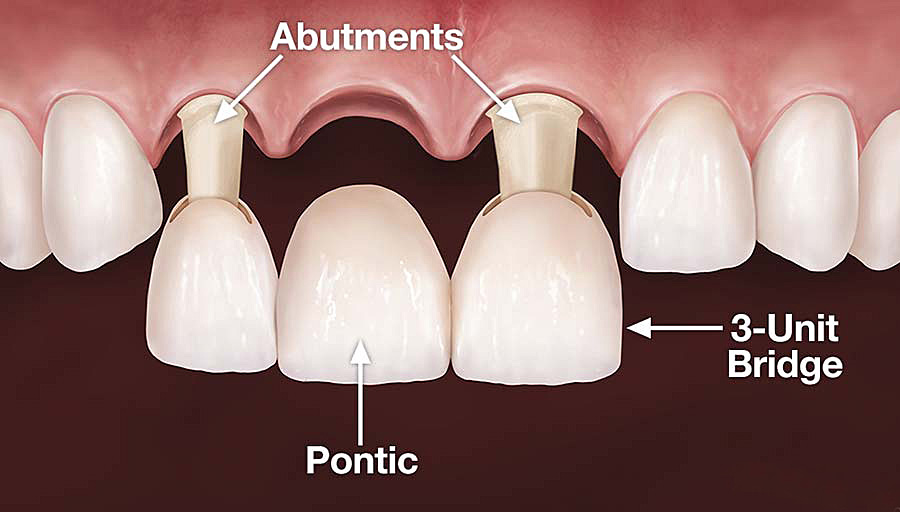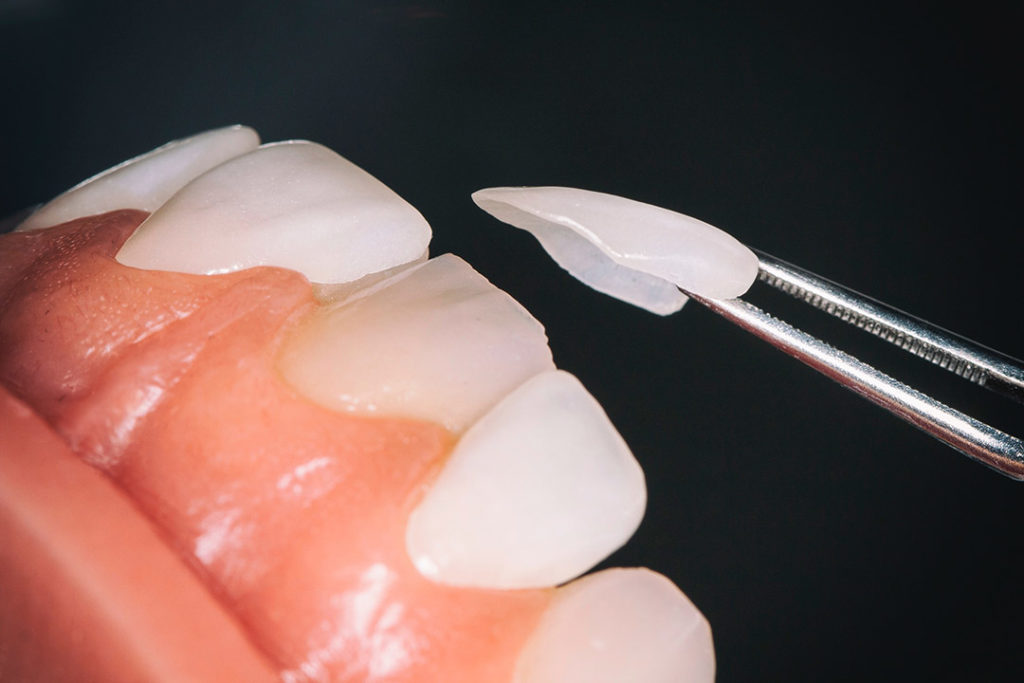Most women understand how important it is to take care of themselves while they are pregnant. However, many women do not realize how important proper dental care is during pregnancy for the health of both the mother and the baby. Visiting the dentist before, during and after being pregnant is very important as well. Good hygiene during your pregnancy will help prevent infections, keep you comfortable and make you feel more refreshed, and most importantly, keep the baby healthy.
Dental disease can affect a developing baby. Research has found a link between gum disease in pregnant women and premature birth with low birth weight. Babies who are born prematurely may risk a range of health conditions including cerebral palsy and problems with eyesight and hearing. Estimates suggest that up to 18 out of every 100 premature births may be triggered by periodontal disease, which is a chronic infection of the gums. Appropriate dental treatment for the expectant mother may reduce the risk of premature birth.
Visiting Your Dentist
We recommend making a dentist appointment if possible before you are pregnant, or as early as possible in your pregnancy. We will check for tooth decay, gum disease, and other dental problems, and provide any treatment that is necessary. Women require special care and attention when pregnant, so be sure to tell your dentist when and if you are pregnant.
You are less likely to have dental problems during pregnancy if you already have good oral hygiene habits. These include:
- Brushing your teeth at least twice daily with fluoridated toothpaste.
- Flossing between your teeth.
- Visiting your dentist for regular checkups.
- Using an antimicrobial mouth rinse can help prevent gingivitis.
- Brush or scrape your tongue daily to help remove bacteria.
- Eat nutritious meals and healthy snacks.
During Pregnancy Dental Health To Do’s
Dental health associated with pregnancy can make some women susceptible to the following problems:
- Gingivitis (gum inflammation) Symptoms include swelling of the gums and bleeding.
- Undiagnosed or untreated Periodontal Disease
- Gastric Reflux (regurgitating food or drink) or the vomiting associated with morning sickness.
- Some pregnant women find that brushing their teeth, particularly the molars, provokes gagging.
- Try using a brush with a small head. Slow down your brushing action. It may also help to close your eyes and concentrate on your breathing. Or try other distractions, such as listening to music.
Food Cravings While Pregnant
Some women experience unusual food cravings (and food avoidance) while they are pregnant. A regular desire for sugary snacks may increase your risk of tooth decay. Try to snack on low-sugar foods instead. If nothing but sweetness will satisfy your craving, try to sometimes choose healthier options such as fresh fruits. Rinse your mouth with water or an alcohol-free mouth rinse, or brush your teeth after having sugary snacks.
 Food Sources That Will Increase Your Calcium, Vitamin B-12, Vitamin C and Vitamin D During Pregnancy
Food Sources That Will Increase Your Calcium, Vitamin B-12, Vitamin C and Vitamin D During Pregnancy
You need to increase your daily amount of vitamins during pregnancy. Sufficient vitamins will protect your bone mass and meet the nutritional needs of your developing baby. Good sources of dietary vitamins include food products such as:
- Milk
- Cheese
- Unsweetened yogurt
- Calcium-fortified soymilk
- Fortified margarine
- Fatty fish, such as salmon
- Eggs
We Love Helping Pregnant or Expecting Mothers Stay Healthy Before, During, and After Pregnancy
By seeing your dentist on a regular basis during your pregnancy, you can help prevent any dental health problems before they cause discomfort or require more comprehensive or expensive treatment. Regular visits allow your dentist to monitor you and your baby’s oral health and recommend a dental health regimen to address any areas of concern. There’s no time like the present to take control and ensure that your oral health will be strong before, during and after your pregnancy.
If you’d like to discuss your oral health please contact us at Northgate Dental. We will be happy to help you with any advice we can. Or if you prefer, request a dental appointment instead and we’ll provide a free consultation. Our practice is built around your oral health, and we are ready to help.


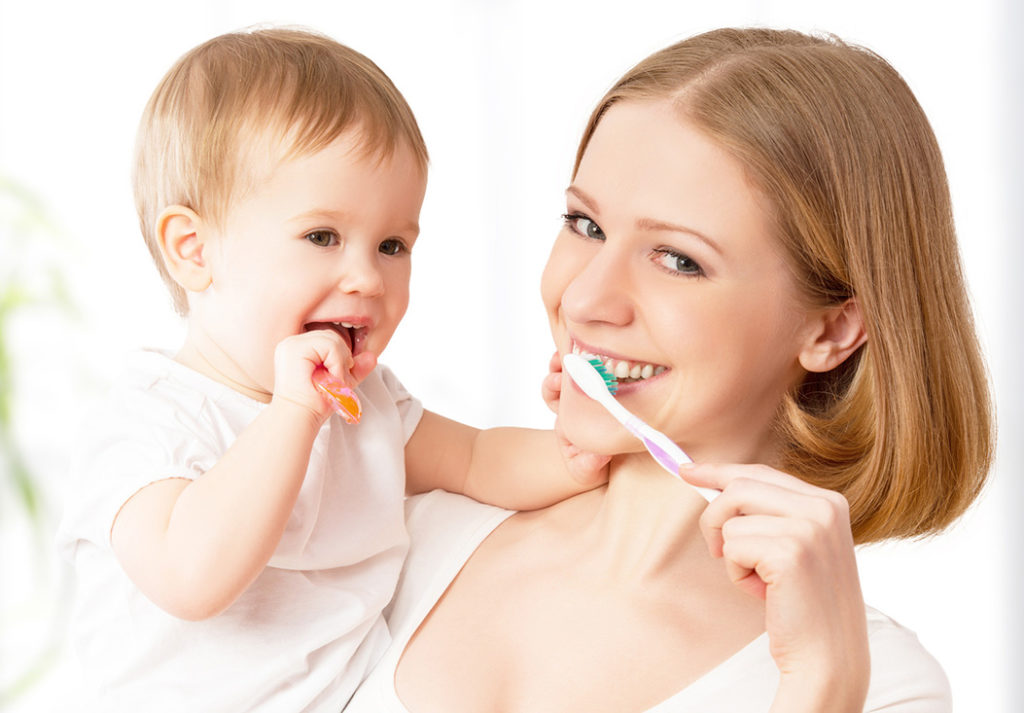
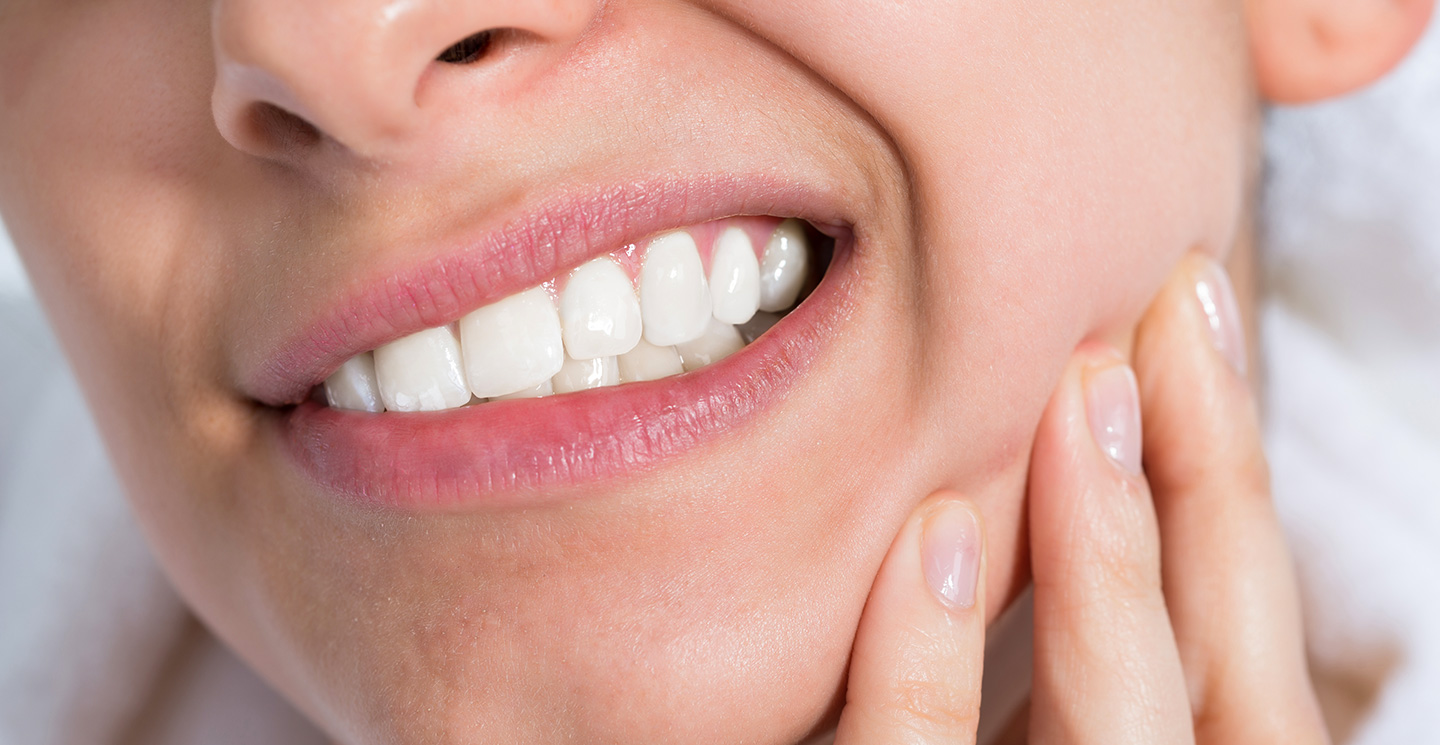
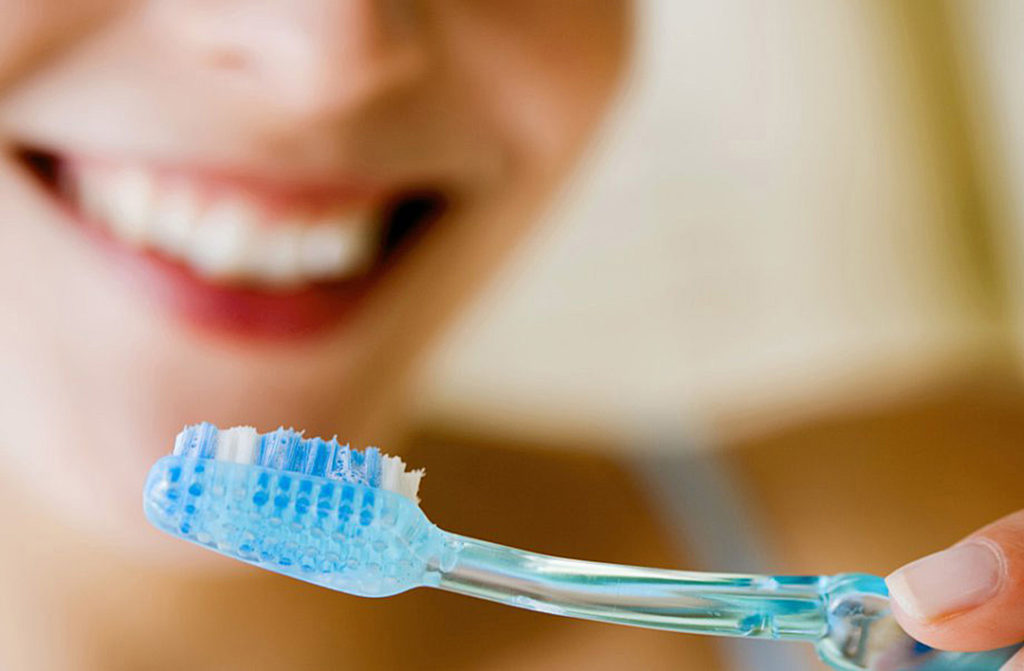






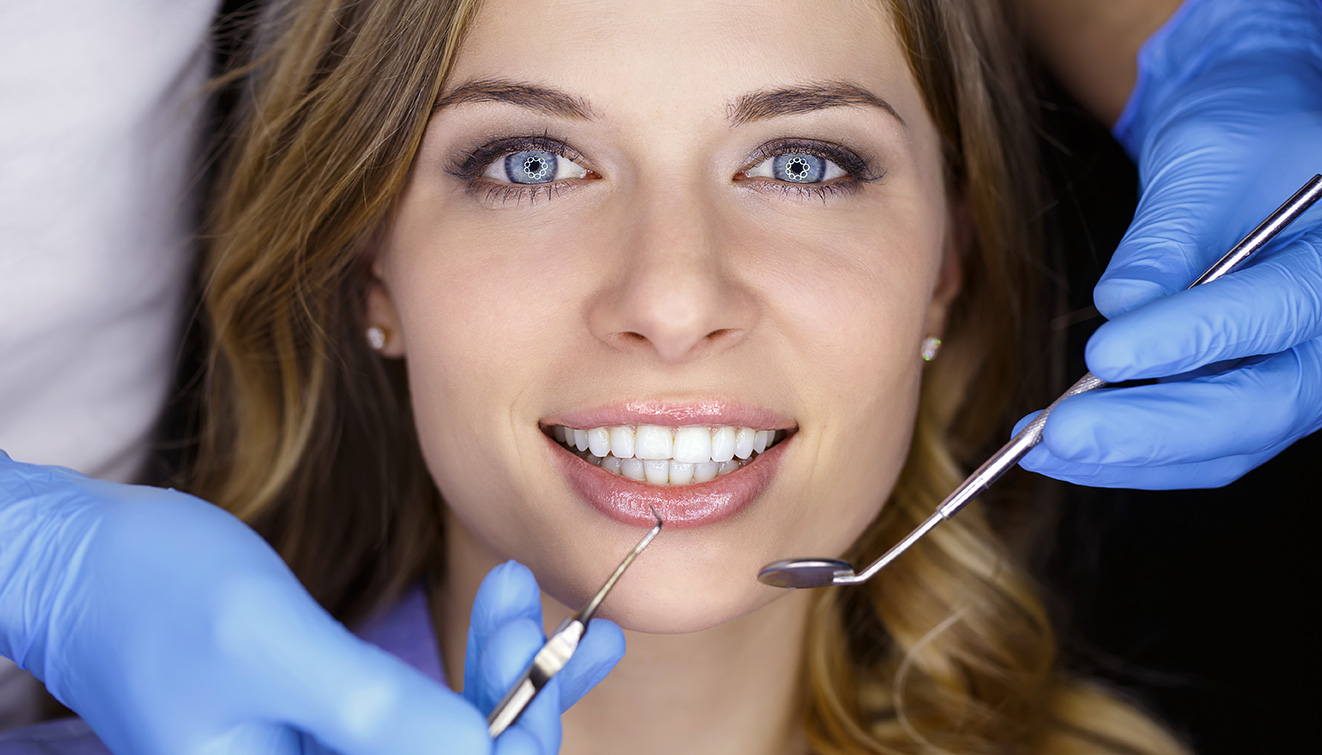
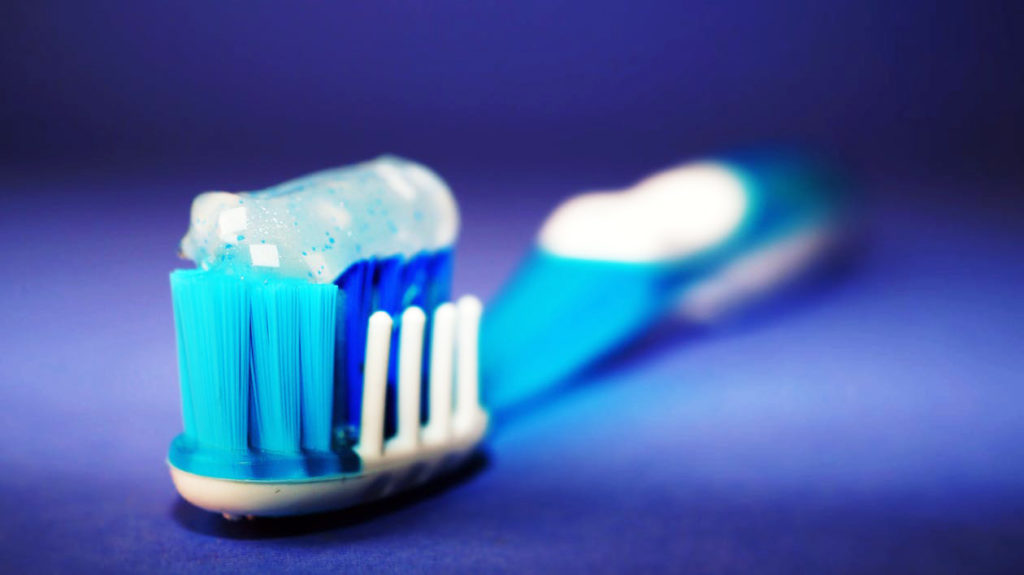
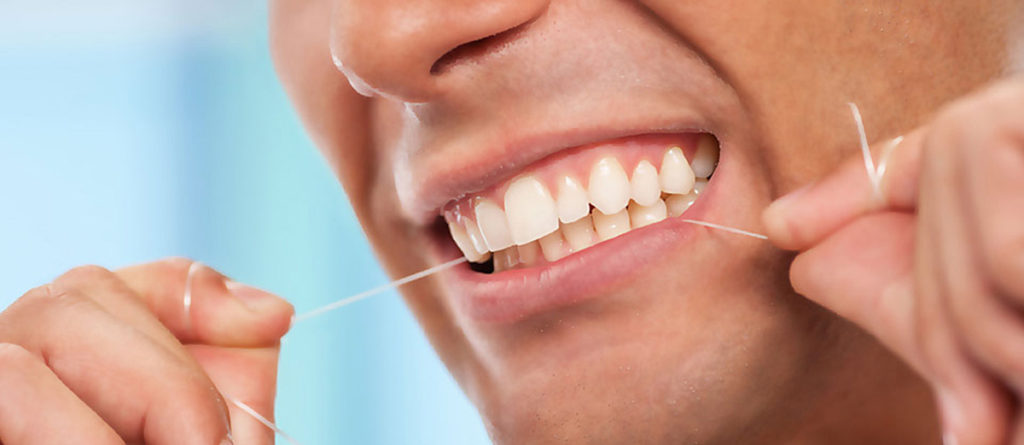
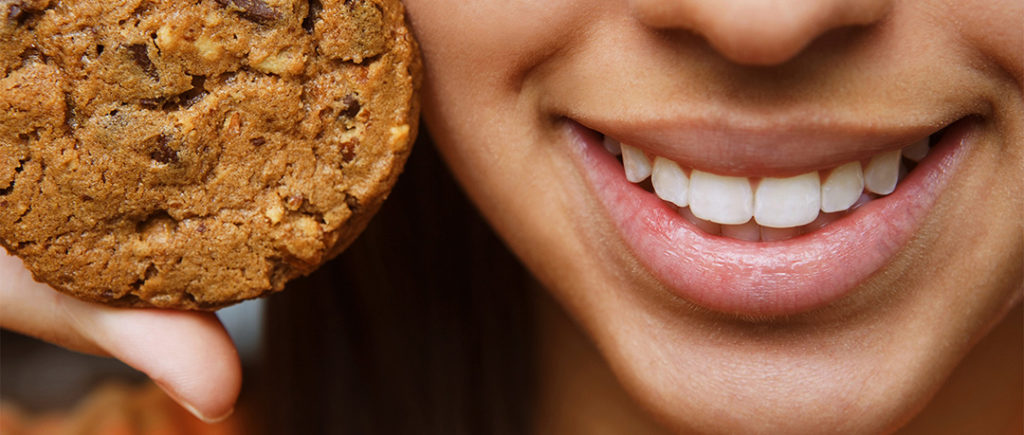 You can help control the bacterial growth in your mouth by eating better. Oral bacteria feasts on sugar, creating acid as a byproduct that erodes the surface of teeth. Foods that are high in acids, like citrus, tomatoes, and vinegar, directly impact the enamel, making teeth more susceptible to damage. Foods high in starch, like potato chips, breads, and pastas, break down into tiny particles, lodging themselves in the hardest to reach places and feed the bacteria. Maintaining your oral health on a regular basis keeps the growth of bacteria under control. Drinks like sugary soda’s and coffee can also stain, discolor and cause cavities.
You can help control the bacterial growth in your mouth by eating better. Oral bacteria feasts on sugar, creating acid as a byproduct that erodes the surface of teeth. Foods that are high in acids, like citrus, tomatoes, and vinegar, directly impact the enamel, making teeth more susceptible to damage. Foods high in starch, like potato chips, breads, and pastas, break down into tiny particles, lodging themselves in the hardest to reach places and feed the bacteria. Maintaining your oral health on a regular basis keeps the growth of bacteria under control. Drinks like sugary soda’s and coffee can also stain, discolor and cause cavities.
